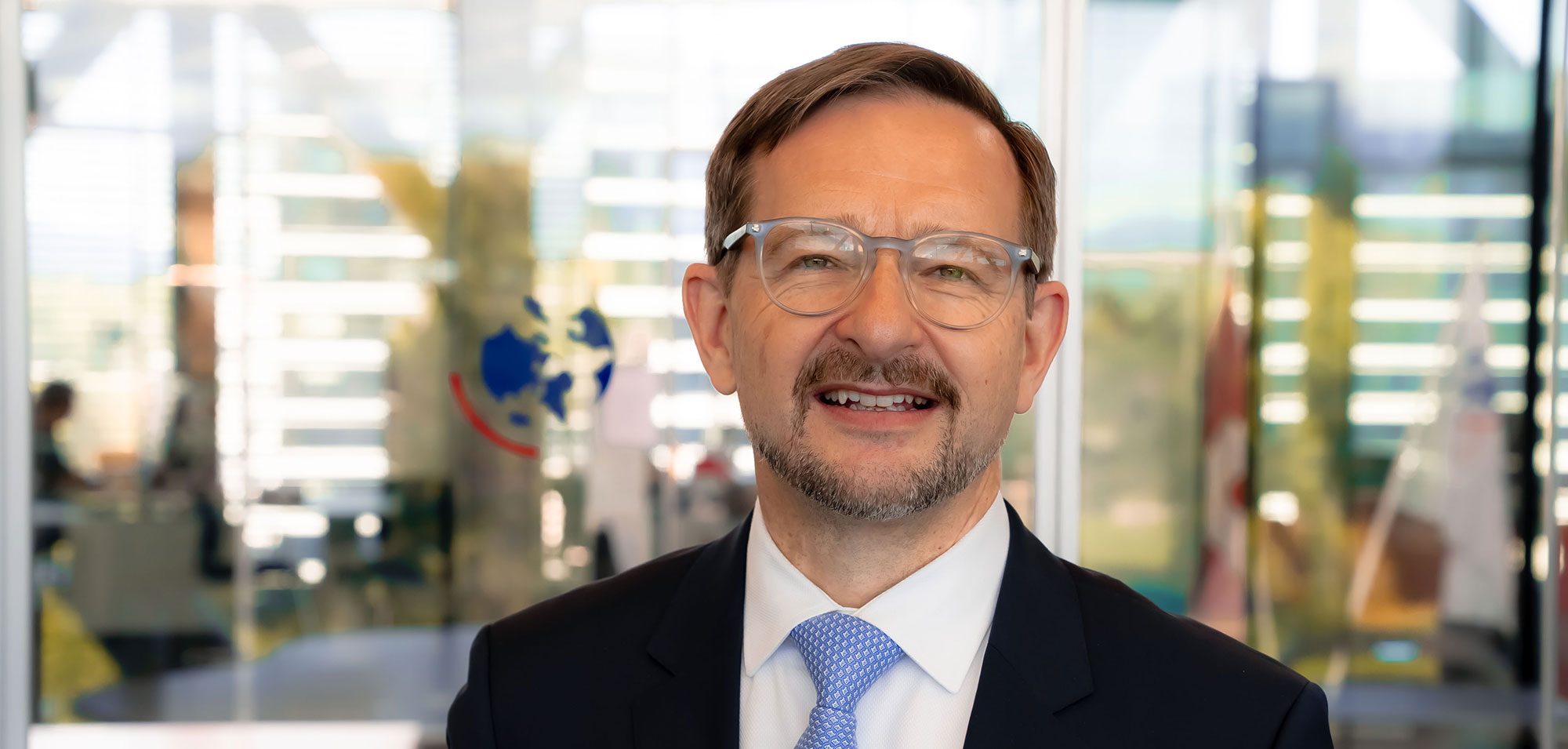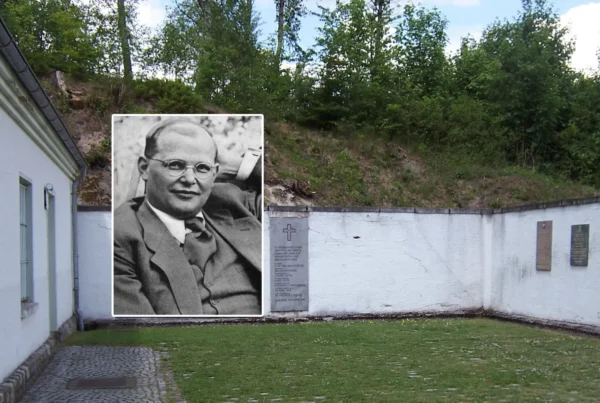Ambassador Thomas Greminger, former Secretary General of the OSCE and current Director of the Geneva Center for Security Policy, shares his knowledge of the OSCE in an iGlobenews exclusive interview. How can the OSCE adapt to current and future challenges and what is required by Participating States to strengthen the OSCE financially and organizationally.
Diana Mautner Markhof, 01 July 2021
Ambassador Thomas Greminger, former Secretary General of the OSCE and newly appointed Director of the Geneva Center for Security Policy, discussed in an exclusive interview with iGlobenews on 9 June his successes and challenges as OSCE Secretary General. This interview discussed some of the topics of his new book “Multilateralism in Transition: Challenges and Opportunities for the OSCE”, which will be published this summer.
As Secretary General of the OSCE, Ambassador Greminger was an effective crisis manager supporting successive Chairmanships in an increasingly polarized environment. He promoted multilateralism by strengthening the OSCE’s ties with international and regional organizations and highlighted the OSCE’s contribution to support its Participating States in the implementation of the UN Sustainable Development Goals. Only through effective cross-border cooperation can all relevant security risks of the coming decades be dealt with. All forms of risks, whether political, military, trans-national, cyber or climate change, require cooperation – even for powerful nations. Cooperation does not require shared values but shared interests. As long as there are common interests, solutions can be found. When looked at from this point of view, cooperative security is indeed realpolitik to be pursued through multilateralism.
The OSCE’s Forum for Security Cooperation (FSC), which should play a central role in this multilateral architecture, has been “blocked for a number of years”. Ideally the FSC should serve as a platform to discuss relevant political and military challenges in a constructive way. It should be used to apply current confidence- and security-building measures in a trust-inspiring way and to be involved in modernizing the Vienna Document on confidence- and security-building measures, as well as in contributing to reducing military risks in the Euro-Atlantic area. Although there are security dialogue mechanisms in place, currently no established process on any of these issues exists that would allow systematic mapping of these challenges.
OSCE decisions are political rather than legally-binding commitments. They are based on and represent “soft law”, which can also be an advantage, according to Ambassador Greminger, as these decisions are taken by consensus and can be extremely powerful and at times more effective than decisions based on legally binding conventions which can take years to negotiate and even longer to ratify. Soft law is immediately politically binding and as such gives the OSCE flexibility. Yet the need to give the OSCE a legally binding constitution, while desirable, remains a huge obstacle, especially for field operations, all of which are implemented under different legal conditions. The OSCE is in a constant process of negotiating memoranda with host states, which hinders quick action and complicates field work.
The unique “Fit-for-Purpose” reform agenda which Ambassador Greminger initiated while serving as Secretary General of the OSCE focused on adapting the OSCE to changing realities and new opportunities and contained a number of political elements as well as managerial and organizational objectives—all of which was to be achieved with limited and declining resources. The OSCE Secretariat had grown organically for over 25 years without a systemic review process having ever taken place. As the first Secretary General to initiate such a process, his goal was not only to involve as many staff as possible, but also to involve outside experts Ernst & Young, in the process. Ultimately, 80 optimizing measures were identified. Even though some were abandoned and some are awaiting implementation, most have been implemented.
Effective multilateralism is about being cost conscious. It is an important responsibility of the organization, its staff and its leadership and also of the Participating States to provide the organization with the resources it needs to fulfill its mandate. The OSCE has a history of negative growth in real terms. Participating States are now at a crossroads. Either this austerity policy is continued, which might ultimately “starve [the organization] to death” or adequate resources must be provided. States which continue to micromanage the Secretariat in order to block any meaningful and necessary reform are part of the problem and not the solution. When political will is present – as it was for the Ukraine mission – budget increases are quickly approved. The fact that a small minority of states have the power to block meaningful reform is a leitmotiv which recurs during the interview. To an outside observer it seems as though the tail is wagging the dog.
Novel approaches to fund raising – such as approaching aid agencies, multinational financial institutions and private enterprises – where initiated during Ambassador Greminger’s leadership. Such extrabudgetary resources are essential, since they finance much of the program activities of the OSCE such as field operations in Southeastern Europe, Eastern Europe and Central Asia, as well as the OSCE’s work on strengthening national rule of law and democratic institutions. Yet the sad reality is that the OSCE will need to adapt to a longer-term outlook for its activities, in order to attract such contributors. Ambassador Greminger suggests moving from projects to programs, and from short-term horizons of a couple of months to a couple of years. What the OSCE needs is a new cultural mindset. Improving public relations and brand recognition would be important for moving the organization into the future successfully and is just as important as cost-cutting and reforming the Secretariat.
As a vital and unique organization, the OSCE should reform where it can to meet not only the challenges of the present but also those of the coming decades. Ambassador Greminger’s vision would serve as a catalyst for this reform.
Picture: Ambassador Thomas Greminger was Secretary General of the OSCE from 2017 to 2020. He has recently been appointed Director of the Geneva Center for Security Policy. © GCSP
Other Articles Which Might Interest You
OSCE: A Model for Comprehensive and Cooperative Security





